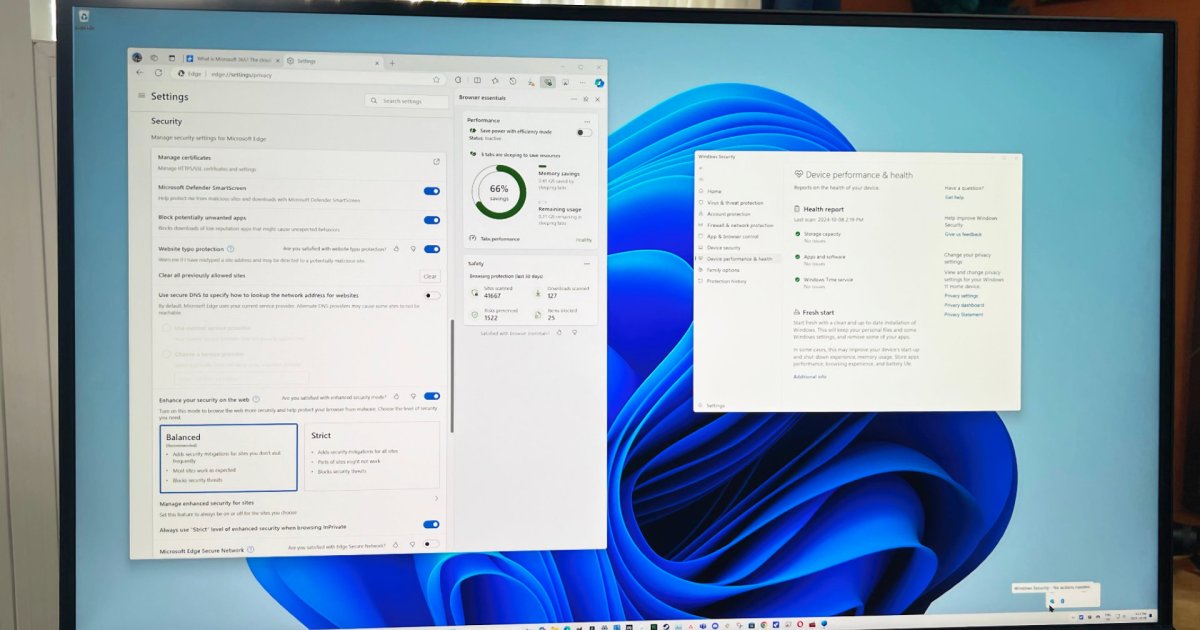A DRUG dealer who groaned the Covid pandemic was a “f***** disaster” that would cost him £400,000 has been caged.
Brandon Guthrie complained to co-accused Craig Garland about the impact the pandemic lockdown would have on his illicit trade.
His self-pitying note was one of several incriminating messages uncovered by cops after the takedown of the Encrochat encrypted phone network favoured by gangsters.
Guthrie, 31, and Garland, 37, both of Dundee, yesterday returned to the High Court in Glasgow after having earlier admitted their involvement in serious organised crime.
As he caged the duo, judge Lord Arthurson noted they had “discussed together a £400,000 reduction in revenue in the organised crime activity caused by the pandemic”.
They pair were snared as part of Police Scotland’s Operation Ranger – an investigation into a city mob run by boss Ronald Ferrie, who later died in 2021.
The court heard cops had information Ferrie was involved in large scale drug trafficking throughout Scotland.
But their plot came unstuck in 2020 when French and Dutch authorities infiltrated the Encrochat network – leading to a swathe of arrests across Europe.
Messages revealed Guthrie was responsible for ferrying “significant quantities” of drugs and collecting payment.
Garland meantime helped store, prepare and bulk out the narcotics to maximise profits.
Gang boss Ferrie was known as “northjoshua” on EncroChat, Garland “surlybuster” and Guthrie “summernorth”.
Investigators unearthed mobile phone chats about high purity cocaine valued at £41,000 per kilogram.
But when Covid hit and Scotland was forced into lockdown Guthrie moaned to Garland that coronavirus had “resulted in a £400,000 reduction in revenue” to their criminal associates.
It was described as a “f***ing disaster”.
It also emerged Ferrie was owed £250,000 at one stage.
The court heard Garland and Guthrie were part of more than 2000 “lines of conversation” via the network discussing their criminal activities.
Police swooped at Guthrie’s home on October 30, 2020, when they discovered a Peugeot van parked outside registered to Ferrie.
Metal plates for a hydraulic press – often used to help prepare and package drugs – were found in the van.
ENCROCHAT EXPLAINED

BY GRAHAM MANN
THE Encrochat network favoured by criminals was one of the largest encrypted communications services in the world.
Around 60,000 people across Europe used it, with around 10,000 of those users being from the UK.
Mystery continues to surround the people who made and supplied the handsets to hoods eager to keep their activities off the radar.
But the users came unstuck when French law enforcement cracked the system using software they have kept a closely guarded secret.
We told last how a leading crimebuster said the takedown of Encrochat phones gave Scots cops the upper hand – and “turbo-boosted” their fight against gangsters.
Miles Bonfield, deputy director of the National Crime Agency, hailed the impact of Operation Venetic, a hi-tech blitz that unearthed the activities of hundreds of hoods.
He said: “It made a real difference to turbo-boosting some investigations that were already running and giving them the vital insight and evidential assistance they needed to prove their heinous criminality.”
A digital forensics expert who gave evidence at the trial of Jamie ‘Iceman’ Stevenson the vast data haul gathered from an EncroChat sting was “the most information ever seen” in any single Police Scotland probe.
Detective Constable Paul Graham revealed the scale of the messages harvested by French and Dutch authorities as he gave evidence at the High Court in Glasgow.
The info gathered from the encrypted devices formed a key part of Operation Pepperoni which ultimately triggered the downfall of Stevenson and his gang.
The 46-year-old told jurors he has been part of Police Scotland’s Cyber Crime Unit for a decade and has 24 years’ experience in the force.
He was asked by Advocate Depute Alex Prentice KC about how the force managed the haul provided via Europol and the National Crime Agency (NCA) after French law enforcement infiltrated the encrypted device network in 2020.
He said: “It was the most information in any single inquiry Police Scotland has ever seen.
“We had to find a way to get that into the system to be able to search by the appropriate means.”
Garland’s home was also searched and around £2,000 of a well-known substance to bulk out illegal substances was seized.
A mobile phone was found with texts linking him to drug dealing.
Prosecutor Alan Parfery said: “There are also messages that show another more senior member of the group had fitted trackers to vehicles so that Guthrie and associates’ movements could be followed as a form of work monitoring.”
Police seized £23,000 of cocaine as well as a 20-tonne hydraulic press.
The pair pleaded guilty to charges of being involved in serious organised crime as well as the supply of cocaine.
Garland was between March to October 2020 with Guthrie’s role only lasting from March to June of the same year.
Lord Arthurson sentenced both to three years and nine months.
He said: “Significant headline sentences are inevitable for offending of this gravity.”
Garland now faces confiscation action under Proceeds of Crime laws in a bid to recover his ill-gotten gains.
Sineidin Corrins, Deputy Procurator Fiscal for Specialist Casework at the Crown Office and Procurator Fiscal Service (COPFS), said: “Craig Garland and Brandon Guthrie failed in their attempts to distribute significant quantities of illegal and harmful drugs among Scottish communities.
Read more on the Scottish Sun
“These two men are now serving prison sentences thanks to an extensive police operation, working with COPFS, to investigate a network of drug supply.
“This prosecution sends out a strong message about our determination to tackle Serious Organised Crime and the trafficking of controlled drugs.”










